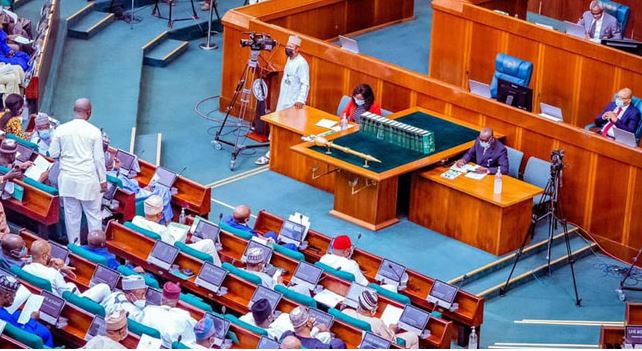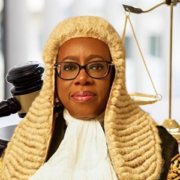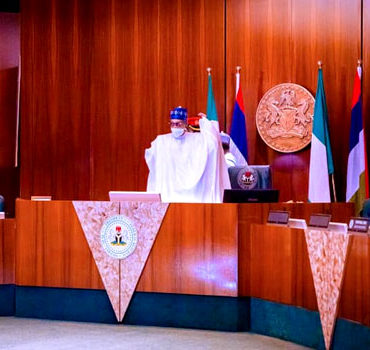Reps Move to Bar CCT from Trying, Removing Judicial Officers from Office

Lawyard is a legal media and services platform that provides…
The House of Representatives on Wednesday advanced moves aimed at stripping the Code of Conduct Tribunal (CCT), of its powers to try and remove Judicial officers from office.
According to the proposed legislation which passed second reading on the floor of the House, before any judicial officers can be tried and removed from office, the person must have first been removed in line with section 292(1) of the Constitution.
For purposes of reference, section 292(1) of the Constitution stipulates that:
“A judicial officer shall not be removed from his office or appointment before his age of retirement except in the following circumstances
“In the case of – Chief Justice, President of the Court of Appeal, Chief Judge of the Federal High Court, President of National Industrial Court, Chief Judge of High Court of Federal Capital Territory, Abuja, Grand Kadi of the Sharia Court of Appeal of the Federal Capital Territory, Abuja and President Customary Court of Appeal of the Federal Capital Territory, Abuja, by the President acting on an address supported by a two-thirds majority of the Senate, Chief Judge of State, Grand Kadi of the Sharia Court of Appeal or President of a Customary Court of Appeal of a State by the Governor acting on an address supported by a two-thirds majority of the House of Assembly of the State, praying that he be so removed for his inability to discharge the functions of his office or appointment (whether arising from infirmity of mind or of body) or for misconduct or contravention of the Code of conduct;
“In any case, other than those to which paragraph (a) of this subsection applies, by the President or, as the case may be, the Governor acting on the recommendation of the National Judicial Council that the Judicial officer be so removed for his inability to discharge the functions of his office or appointment (whether arising from infirmity of mind or of body) or for misconduct or contravention of the Code of Conduct.”
Titled a “Bill for an Act to Amend the Code of Conduct Bureau and Tribunal Act, Cap. C15, Laws of the Federation of Nigeria, 2004; and for Related Matters (HBs.1819, 576, 859, 955, 1000, 1685 &1805)”, the amendment is being sponsored by Hon. Nkeiruka Onyejeocha and six other members of the House.
Read for the first time on 25th January, 2022, the bill essentially seeks to amend sections 20 and 24 of the Principal Act.
It could be recalled that a former Chief Justice of Nigeria, (CJN), Walter Onnoghen was tried and removed from office by the CCT in 2019, given rise to controversies as to whether the CCT chairman should have jurisdiction over the head of the nation’s Judiciary.
Leading the debate on the general principles of the Bill as one of the sponsors, Hon. Solomon Bob said it will protect judicial officers when passed into law.
“The Bill seeks to amend sections 20 and 24 of the Principal Act. The amendment is intended to protect Judicial Officers from arbitrary prosecution and removal from office.
“Section 20 of the Principal Act, which creates the Code of Conduct Tribunal is proposed to be amended by adding the words which shall be superior court of record with exclusive jurisdiction to try offences under this Act. While section 24 is sought to be amended by addition of two subsections numbered subsection 5 & 6 to the existing subsections. The additional subsections sought to be added by this amendment reads thus:
“Nothing in this Act shall permit the commencement of any action against a Judicial Officer before the Tribunal unless such Judicial Officer has been validly removed from office under section 292(1) of the Constitution.
“Any action seeking to prosecute any Judicial Officer in contravention of sub-section (5) of this section shall not be entertained by the Tribunal,” Hon Bob said.
In the absence of any significant dissent against the Bill, the presiding Speaker, Femi Gbajabiamila put the Bill to vote, with the Ayes having the vote.
Lawyard is a legal media and services platform that provides enlightenment and access to legal services to members of the public (individuals and businesses) while also availing lawyers of needed information on new trends and resources in various areas of practice.













